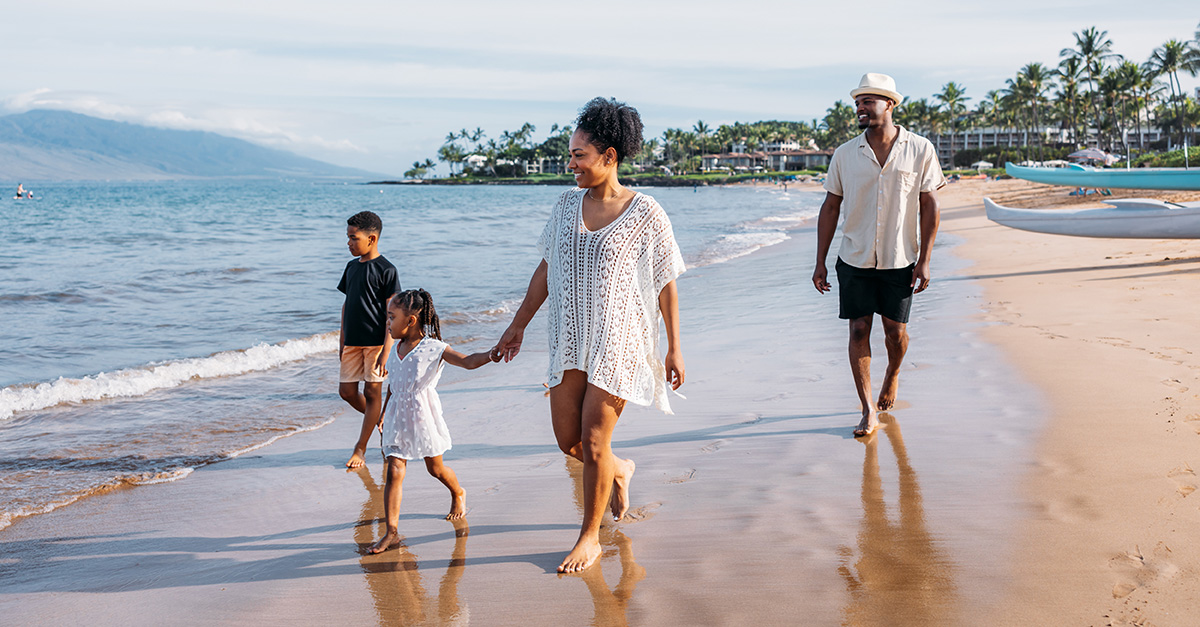Hawaiʻi’s nickname, the Aloha State, comes from the Hawaiʻian word for “love,” which is also used as a greeting and farewell. And when traveling to the Hawaiʻian Islands, visitors can show their love by playing a role in maintaining the islands’ gracious aloha spirit by “traveling pono,” that is, showing their respect by doing the right thing and traveling respectfully.
“To travel pono is to know about the difference between taking a vacation and experiencing a lifestyle,” says Clifford Naeʻole, the longtime Hawaiʻian cultural adviser at The Ritz-Carlton Maui, Kapalua.
In Hawaiʻi that means “to honor its past and not be a part of a forceful change,” Naeʻole explains. Traveling pono also means visitors should seek “to protect [Hawaiʻi’s] environment and leave no negative footprints; to respect its people, culture, sense of place and spirituality; to think ‘village’ versus ‘city’; to ask rather than demand; [and] to accept the concept of aloha by giving even more than you receive.”
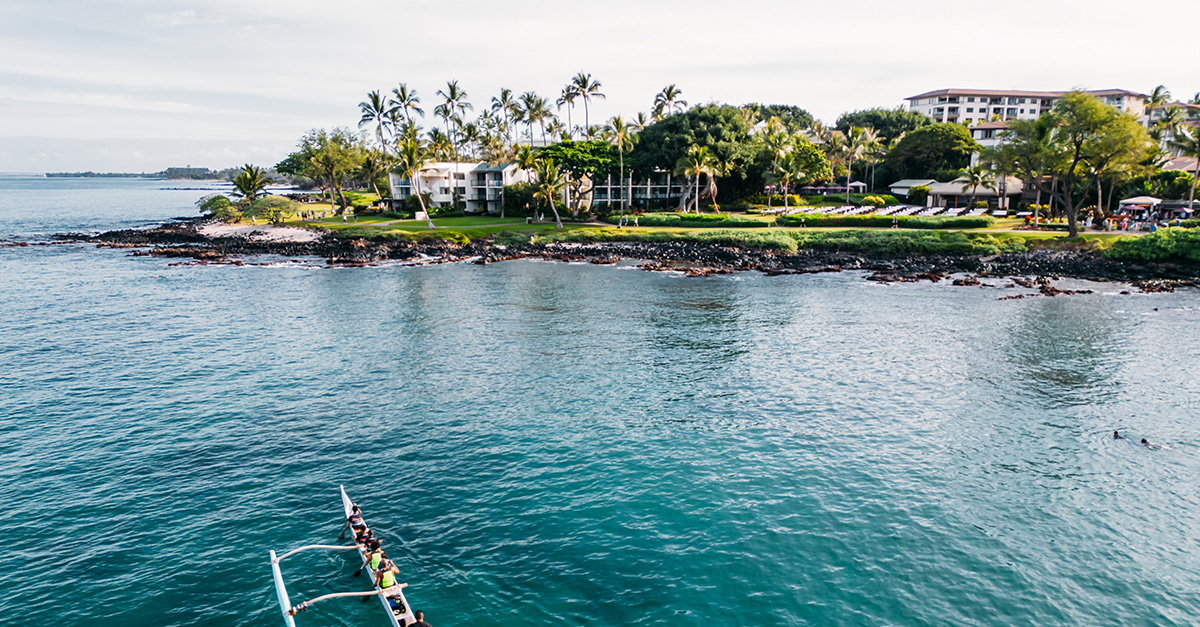
The Ritz-Carlton Maui, Kapalua and Wailea Beach Resort – Marriott, Maui are two of many Marriott resorts and hotels in Hawaiʻi that put these principles into practice, and help guests do the same, through a variety of programs. Both Maui resorts have sustainability initiatives that include solar power and reusable water bottles with filling stations, for example, and both offer guests the opportunity to learn more about Hawaiʻian culture and environmental stewardship on-site and in the community.
The Ritz-Carlton Maui, Kapalua is one of just six Ritz-Carlton properties worldwide hosting Jean-Michel Cousteau’s Ambassadors of the Environment. In Maui, the program instills an appreciation for Hawaiʻi’s unique and sensitive marine and land ecosystems through guided snorkeling, electric bicycle tours and coastal walks. Guests can also participate for free in a weekly Mālama Hawai’i volunteer project — part of a statewide program whose name means “to care for Hawaiʻi” — by helping with a beach cleanup or removing invasive plant species.
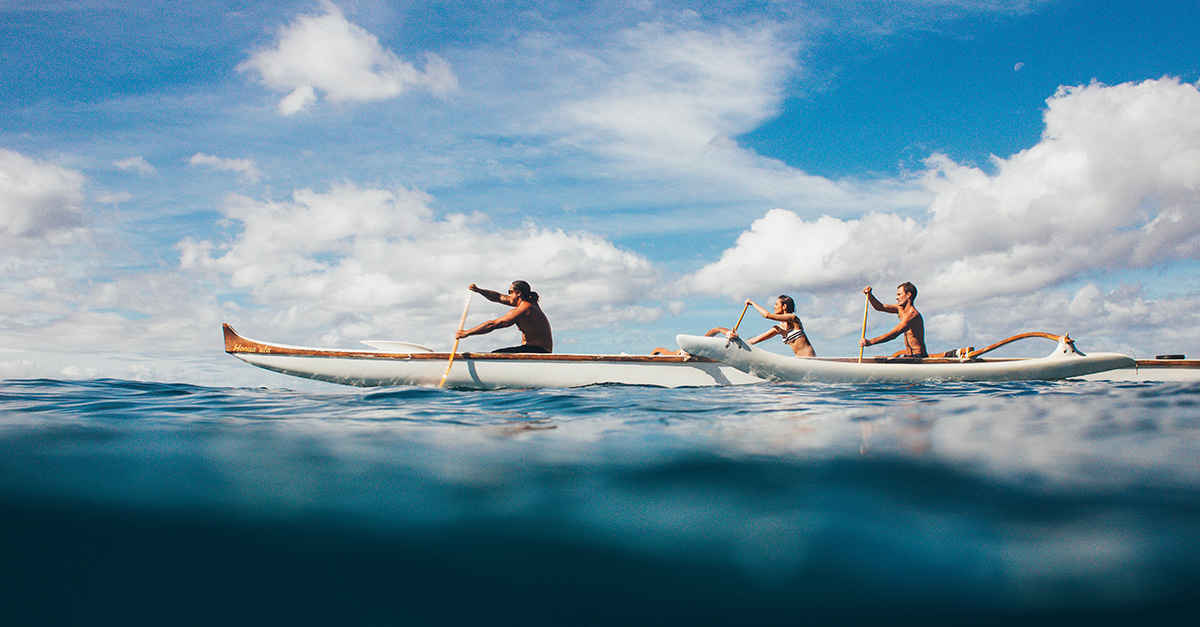
Guests at Wailea Beach Resort are well-placed to explore one of Hawaiʻi’s other unique voluntourism opportunities: restoring the ancient rock walls of Kō’ie’ie Fishpond in Kīhei, just a few miles north of the resort.
“You’re revitalizing a wall, revitalizing a culture, one rock at a time,” says Laurie Garzon, the resort’s director of sales and marketing. “You go there and you’re in the mud and the water, and while you’re passing rocks from mauka to makai, upland to the lowland, you’ll also learn the importance of kapu, or protocol; the ahupua’a system [of land division and stewardship]; and laulima, cooperating. You’re there with your hands doing something, and at the same time you’re learning Hawaiʻian values.”
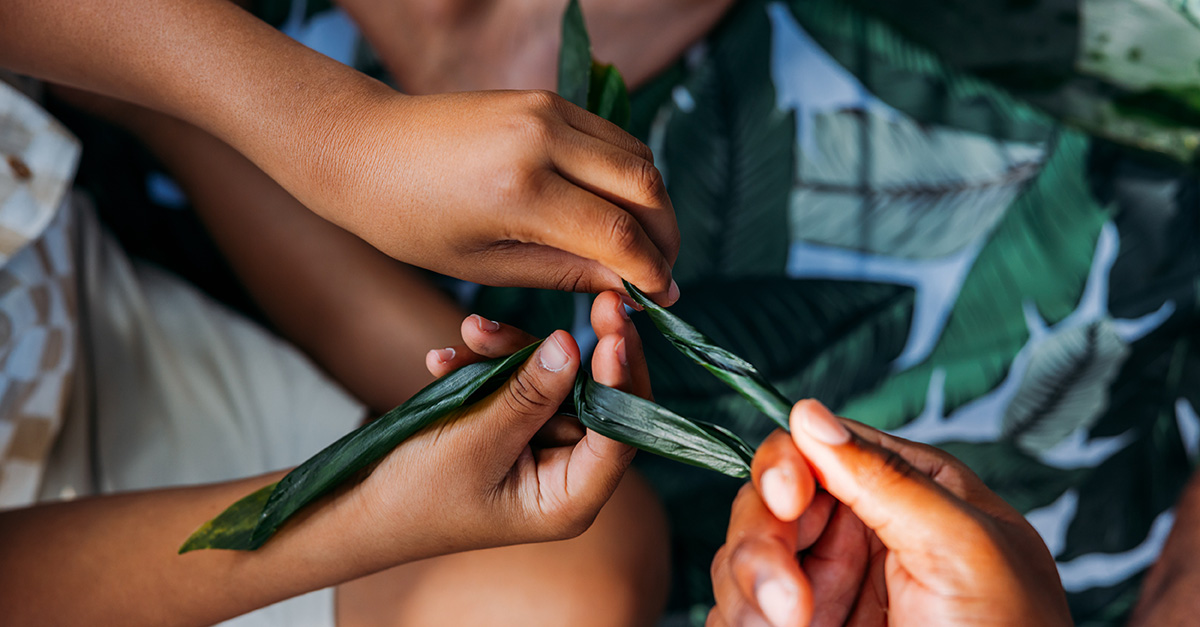
Educator Lyndra Okamoto leads Wailea Beach Resort’s complimentary on-site Hawaiʻian cultural experiences, which include “talk story” sessions, language classes, Hawaiʻian quilting and nature walks, in addition to the more familiar offerings of lei-making and hula. “I enjoy educating people and teaching them about our culture and to respect the islands, the ‘āina (land) and the ocean — that’s what makes Maui and Hawaiʻi so special,” Okamoto says.
Okamoto hopes that guests “take something back of Hawaiʻi that they learned here and maybe even spread it around the world and teach others.” She continues, “Pono is a really good and strong word for everyone to learn to do the right thing, no matter where you are in life and no matter where you are in the islands and where you’re visiting from.”
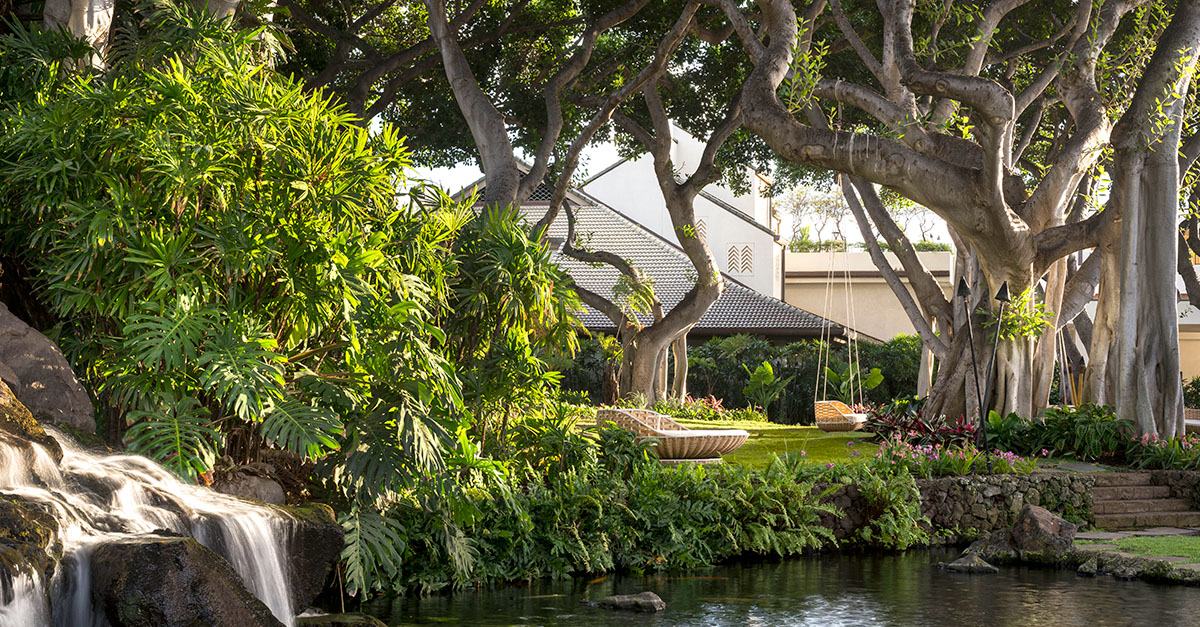
How to Travel Pono
No matter where you stay, you should practice Travel Pono on and off the property, which means to travel consciously and explore Hawaiʻi in a manner that is respectful of Native Hawaiʻian culture, wildlife, environment and local residents. The Sustainable Tourism Association of Hawaiʻi has developed these tips for visitors to travel pono:
- Give Aloha, Get Aloha: Smile! Spread kindness and practice patience wherever you go — you’ll help the Aloha State live up to its name.
- Respect Off Limits Sites and Areas: Not everywhere in Hawaiʻi is open for exploration. Keep on designated trails, off private property and wahi pana (sacred sites) and out of local neighborhoods.
- Tread Lightly on the ʻĀina (Land) and Protect Cultural Sites. Go lightly on the land, leaving natural areas and natural elements, such as plants, shells, coral and sand, as you find them. While you should not remove natural items, removing trash is encouraged.
- Explore with Certified Tour Operators. Book adventures and excursions from the association’s certified Sustainable Tour Operators.
- Reuse: Avoid single-use plastics and other waste by bringing reusable water bottles, mugs, utensils and bags.
- Buy Local. Buy local food and souvenirs to ensure your tourism dollars stay in the local economy and support local businesses, artisans and farmers.
- View Wildlife from a Distance. Keep wildlife wild. Animals need space to thrive; give wildlife a wide berth. Do not touch animals in the ocean or on the shore.
- Protect Coral Reefs. Corals are living animals and provide a vital role in the ecosystem, including being an important animal habitat and storm protection. Avoid standing on or touching coral to help conserve coral reefs. Additionally, use reef-safe sunscreen and alternate sun protection like hats, rash guards, long shirts and pants.
- Give Back. Give back by donating your time or money to community groups that support the environment and local culture.
